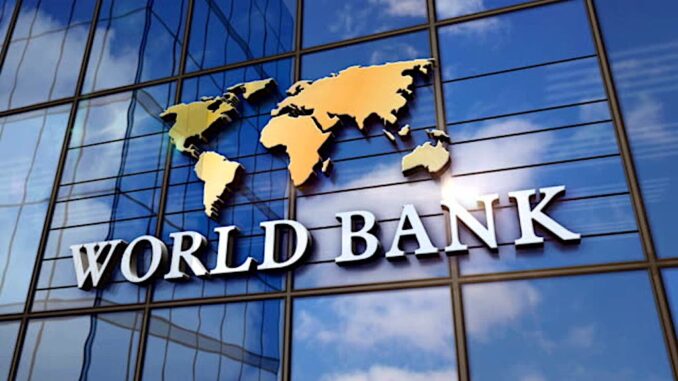
Muscat – The GCC economies are projected to grow at a slower pace in 2023 compared to the previous year, in the face of lower oil and gas earnings and a global economic slowdown, according to the World Bank.
As per the new World Bank Gulf Economic Update report, the GCC economy is expected to grow by 2.5 per cent in 2023 and 3.2 per cent in 2024. This compares to the region’s remarkable GDP growth of 7.3 per cent in 2022, which was fuelled by a strong increase in oil production for most of that year.
‘The weaker performance is driven primarily by lower hydrocarbon GDP, which is expected to contract by 1.3 per cent in 2023 after the OPEC+ April 2023 production cut announcement and the global economic slowdown,’ the World Bank said.
However, robust growth in the non-oil sectors, which is anticipated to reach 4.6 per cent in 2023, will dampen the shortfall in hydrocarbon activities, driven primarily by private consumption, fixed investments, and looser fiscal policy in response to 2023’s relatively high oil revenues.
The latest issue of the World Bank’s Gulf Economic Update stated that this year’s more modest growth is nonetheless buoyed by the structural reforms undertaken in the past few years.
‘Improvement to the business climate and competitiveness, and the overall improvements in female labour force participation in the GCC countries, especially in Saudi Arabia, have all paid off, though further diversification efforts are still needed and is underway,’ the report said.
The World Bank said that Oman’s economy is forecast to continue to grow, but at a slower pace, driven primarily by accelerated implementation of structural reforms under Vision 2040.
The sultanate’s overall growth is projected to moderate to 1.5 per cent in 2023 reflecting softening global demand. Accordingly, Oman’s hydrocarbon sector is anticipated to contract by 3.3 per cent reflecting OPEC+ recent production cuts, while the non-oil economy is projected to continue its recovery trajectory by growing 3.1 per cent in 2023 supported by front-loading of infrastructure projects, increased industrial capacity from renewable energy, and the tourism sector.
The new World Bank Gulf Economic Update, titled ‘The Health and Economic Burden of Non-Communicable Diseases in the GCC’ focuses on how non-communicable diseases (NCDs) have become the leading cause of mortality and morbidity, accounting for close to 75 per cent of all deaths and disability in the region. Of these deaths and disability, more than 80 per cent are attributed to just four main NCD categories: cardiovascular diseases, diabetes, cancer, and respiratory diseases.
The report also highlights the substantial cost of NCDs to the economies of the GCC countries. A recent study published in the Journal of Medical Economics, a collaborative effort between experts at the World Bank and key stakeholders from across the GCC, estimated the direct medical costs of seven major NCDs to be around US$16.7bn in 2019 alone.
The same study found that NCDs also impose substantial indirect costs to their economies, through the adverse impact on human capital. The losses to workforce productivity alone cost the GCC economies more than US$80bn in 2019. With an ageing population, and with it the prevalence of NCDs, these costs are only expected to grow in the future.



